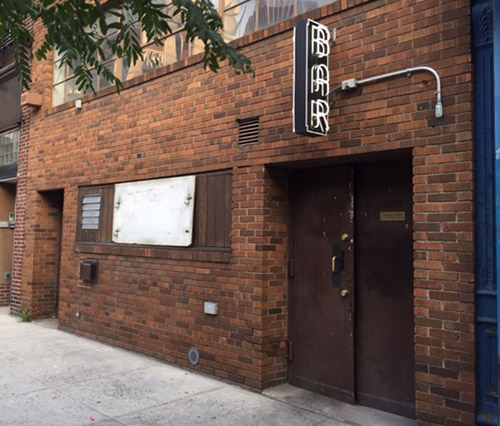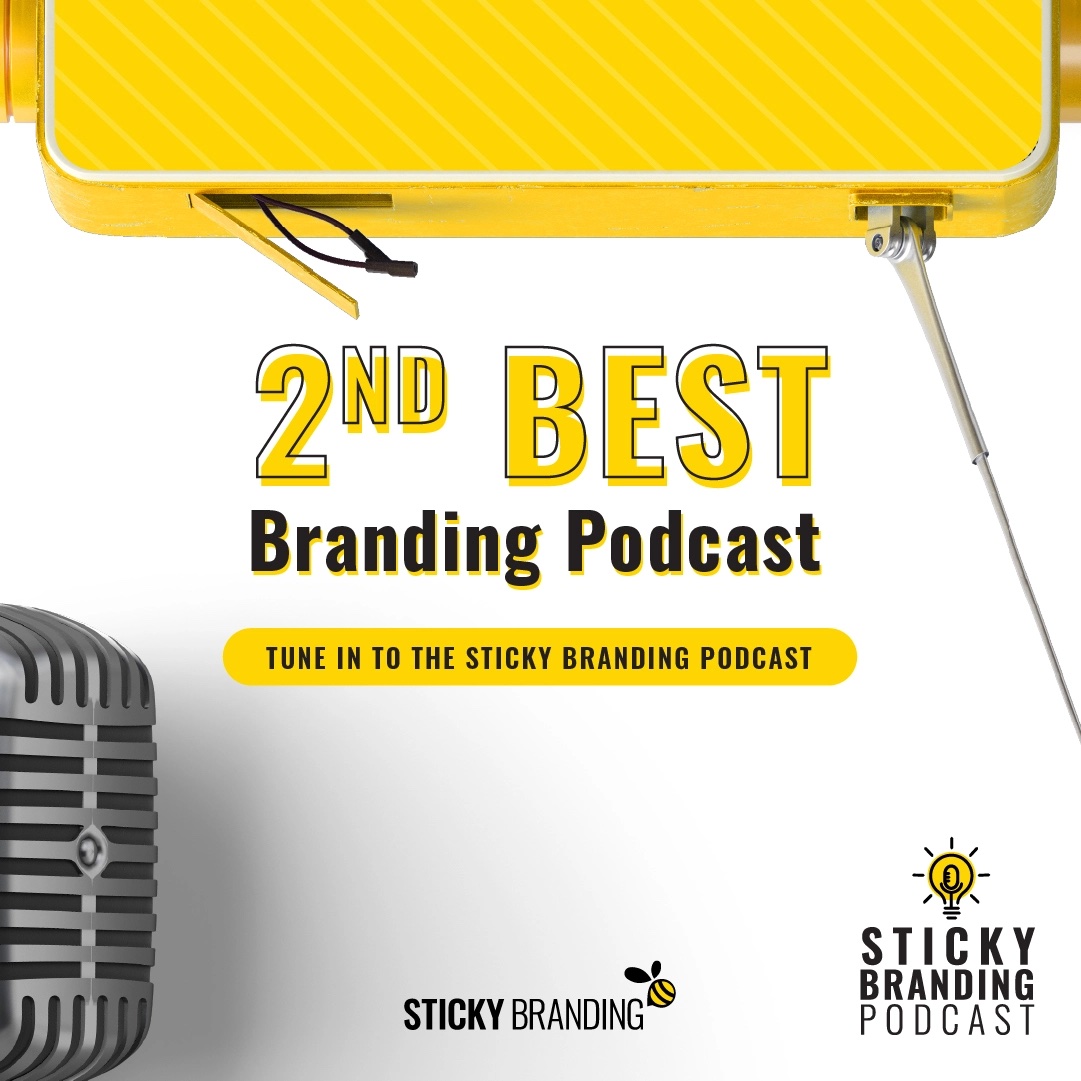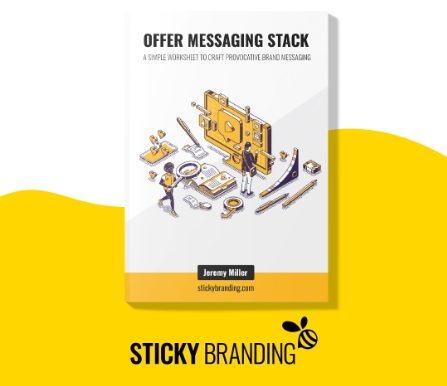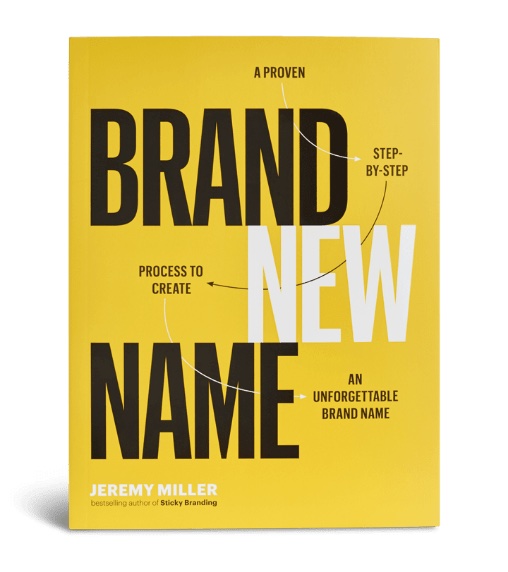In 2000 having a website was optional. In 2010 you weren’t a business without a website. In 2019, I think websites might be optional once again.
There’s an interesting trend where it’s chic to shun having a corporate website. I’ve noticed several very successful consultants, lawyers, and venture capitalists are skipping having websites altogether.
The strategy isn’t unheard of. Secret restaurants and bars are a staple of New York City. These establishments don’t have a sign on the door and you may need to know someone to get a reservation, but even without any discernible marketing the restaurants are filled night after night.
 My all-time favorite bar is Dutch Kills in Long Island City. It’s two subway stops from Manhattan and it’s absolutely worth the trek. The cocktails are divine. The problem is if you don’t know where it is, chances are you’ll miss it. The only sign outside says “Bar.”
My all-time favorite bar is Dutch Kills in Long Island City. It’s two subway stops from Manhattan and it’s absolutely worth the trek. The cocktails are divine. The problem is if you don’t know where it is, chances are you’ll miss it. The only sign outside says “Bar.”
Another amazing NYC speakeasy is Please Don’t Tell in the East Village, but it’s even harder to find! The entrance to the bar is in a phone booth at the back of a hot dog restaurant. You walk through the restaurant, into the booth, dial 1 and speak to the hostess, but be sure to get reservations first. You need to call a secret number at 3pm to book a table.
By standard marketing conventions these brands shouldn’t be as successful as they are. They’re not in glitzy locations with line-ups out front. They may have a logo, but not one to promote the brand. These brands are hidden secrets and they are incredibly successful.
It’s a bold move to skip the website, but it just might make sense — especially if most of your customers come via referral.
Think about it from a customer’s perspective. If you need a specialist — someone who is the best in the business — do you care if they have a website? Actually, isn’t it kind of reassuring that they don’t have a website, because you know they’re so busy they don’t even need one?
One of the best movie quotes is from Liam Neeson in Taken,
I don’t know who you are. I don’t know what you want. If you are looking for a ransom, I can tell you I don’t have money. But what I do have are a very particular set of skills, skills I have acquired over a very long career. Skills that make me a nightmare for people like you. If you let my daughter go now, that’ll be the end of it. I will not look for you. I will not pursue you. But if you don’t, I will look for you, I will find you, and I will kill you.
The quote is chilling, but you know he’s an expert. And he doesn’t have a website.
Building a secret brand — a brand without a sign or a website — is dependent on three elements:
- Focus: Secret brands are easy to define and easy to share.
- Word of Mouth: What’s ironic about NYC’s secret bars is how well known they are. These brands use a ton of publicity and word of mouth to create a buzz about them that compensates for the lack of signage.
- Exclusivity: Secret brands deliver services that are specialized, expensive, and cater to a clearly defined audience that value their expertise.
Operating without a storefront — whether that’s for a brick and mortar location or a digital presence like a website — is a bold move. It can quickly differentiate your brand from the competition. What makes this strategy possible is the power of social media and publicity. You can create buzz without relying on a website.
Not all customers want to hire a specialist, and you have to know what your customers want and expect. If they expect a website, definitely don’t try this strategy. But if your customers are looking for a specialist, imagine the possibilities. What would it be like if you could create a secret brand that everyone in your industry knew about?





